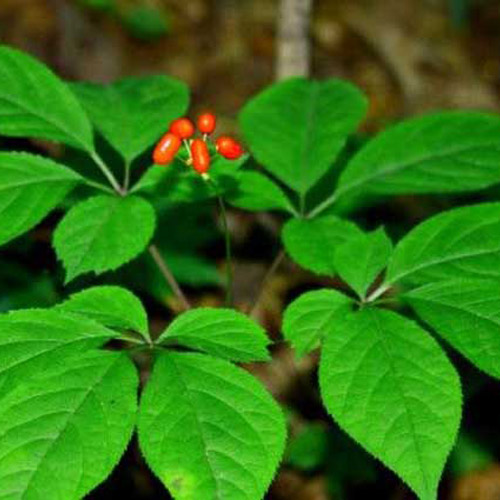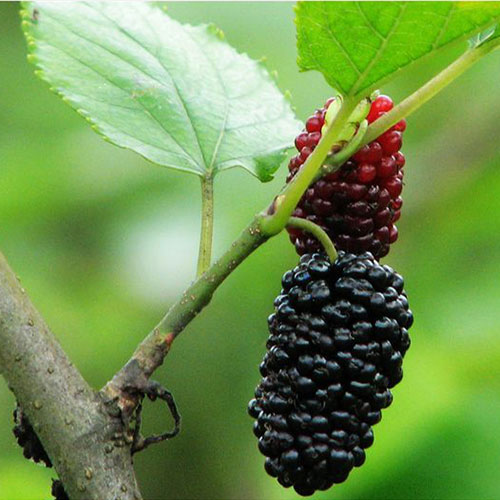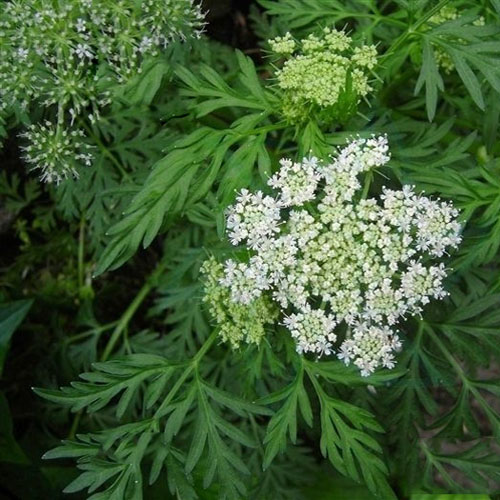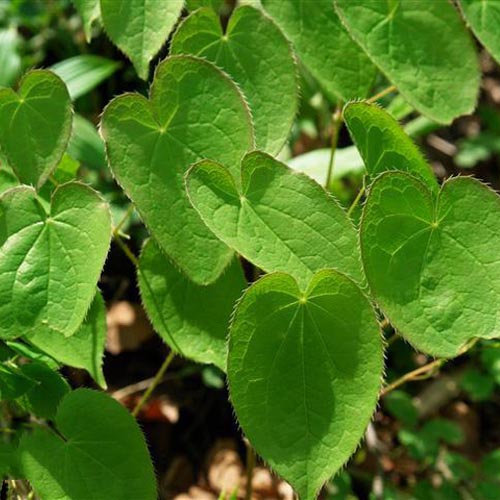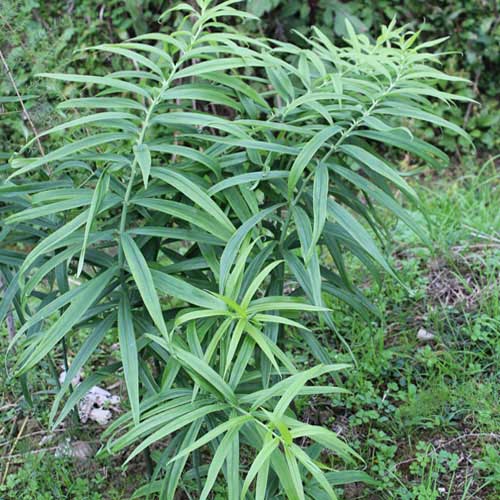- Chinese Name Ren Shen 人参
- Latin Name Panax Ginseng CA Mey.
- Other Names Radix Ginseng Root, Asian Ginseng Root, Chinese Ginseng, Oriental Ginseng, Panax schinseng
- Used Part Root
- Specification Powdered Extract; Ginsenosides
Panax Ginseng Extract Powder
Description
Asian Ginseng is one of the most highly regarded of herbal medicines in the Orient, where it has gained an almost magical reputation for being able to promote health, general body vigour, to prolong life and treat many ailments including depression, diabetes, fatigue, ageing, inflammations, internal degeneration, nausea, tumours, pulmonary problems, dyspepsia, vomiting, nervousness, stress, and ulcers.
The genus name Panax is derived from the Greek word meaning “panacea” or “all-healing”; the species ginseng is said to mean “wonder of the world”. Both terms refer to the medicinal virtues of the plant. In the last decade it has gained popularity in the West and there is extensive literature on the beneficial effects of ginseng and its constituents.
Research has shown that Ginseng may have the ability to act as an “adaptogen”, prolonging life by combating viral infections and Pseudomonas aeruginosa. Research continues to support ginseng’s protective role against anti-cancer treatments and drugs, perhaps even countering the side effects of chemotherapy.
There is some thought that Ginseng may be useful for the prevention of abuse and dependence of opioids and psychostimulants.
Ginseng has been used to both stimulate and relax the nervous system. It increases capillary circulation in the brain and decreases the effects of stress. Though there are many kinds of ginsengs in the world but they cannot rival Asian Ginseng in ingredients and medicinal effects. It contains as many as 29 different ginsenosides while the others contains 8-9.
Asian Ginseng contains anti-ageing substances such as anti-oxidants and insulin-like substances which are not found in any other type of ginseng.
Ginsenosides are a diverse group of steroidal saponins, which demonstrate the ability to target a myriad of tissues, producing an array of pharmacological responses. However, many mechanisms of ginsenoside activity still remain unknown. Since ginsenosides and other constituents of ginseng produce effects that are different from one another, and a single ginsenoside initiates multiple actions in the same tissue, the overall pharmacology of ginseng is remains remarkably complex and esoteric.
In western herbal medicine, Panax ginseng’s regulating effects on the immune system have been studied for potential effectiveness in preventing colds, flu, and some forms of cancer. In clinical studies, Panax ginseng has been shown to lower blood levels of both sugar and cholesterol, therefore it may help treat type 2 diabetes and high cholesterol. Its other potential uses are not as well defined, however. In separate studies of laboratory animals and humans, Panax ginseng had a relaxing effect on muscles in the lungs. The resulting airway expansion may help relieve asthma symptoms and other lung conditions that result from constricted airways.
In other studies, a combination of Panax ginseng and gingko is believed to boost memory and thinking processes. Early results from laboratory study may show that chemicals in Panax ginseng promote the growth of blood vessels, which could be valuable in treating extensive injuries.
Recent reports on the pharmacology of ginseng indicate a wide range of effects, including influence on the central nervous system, endocrine and adrenocortical systems, internal, organs, metabolism, blood pressure and sugar, gonadotropic activity, cellular ageing, tumours, and stress. Ginseng appears to relieve stress, increase sexual activity, and facilitate mating in laboratory animals. The herb has been reported to be effective in prolonging survival time during cardiac arrest. It is reported to show hypoglycemic activity. Asian Ginseng has also been identified to protect the testis against 2,3,7,8-tetrachloro-di-benzo-di-p-DIOXIN inducing testicular damage. This particular dioxin is the most dangerous of perhaps the most toxic chemical group known to science. Dioxins are known to cause cancer in humans.
Other data shows it works not only in preventing adult diseases including cancer, diabetes, hypertension, and impotence but can also aid in treatment.
German Commission E monograph and WHO support the use of ginseng as a prophylactic and restorative agent for enhancement of mental and physical capacities, in cases of weakness, exhaustion, tiredness, and loss of concentration, and during convalescence (WHO, 1999). In general, ginseng is used as a tonic, stimulant, aphrodisiac, immune booster, blood pressure modulator (lowers and raises, depending on needs), and a modulator of blood sugar level (lowers or raise, depending on needs).
TCM Tradition
Taste & Property Sweet, Slightly Bitter, Slightly Warm
Organ Meridians Lung, Spleen
TCM Functions
• Powerfully tonifies Yuan Qi
– Extreme collapse of Qi or abandoned conditions that manifest in shallow breathing, shortness of breath, cold limbs, profuse sweating and an almost imperceptible pulse (after blood loss, overly profuse sweating, or other problems related to severe fluid loss – it can be used alone in these emergencies)
– Collapse of Yang
– Collapse of Yin
• Tonifies Spleen and Stomach Qi
– Lethargy, anorexia, chest and abdominal distention, chronic diarrhea and, in severe cases, prolapse of the Stomach, uterus or rectum
• Tonifies Lung Qi
– Lung Qi Deficiency with wheezing, shortness of breath, and labored breathing on exertion
• Generates Body Fluids and stops thirst
– Wasting and thirsting disorder (Xiao Ke) and high fevers with profuse sweating which injures Qi and fluids
• Tonifies Heart Qi and calms the Spirit
– Heart Qi Deficiency
– Qi and Blood Deficiency with palpitations, anxiety, insomnia, forgetfulness, and restlessness
• Treats impotence
– With Kidney Yang tonics for impotence
• Tonifies Qi in Deficiency patients with Exterior conditions
– Exterior disorder with Interior Deficiency

